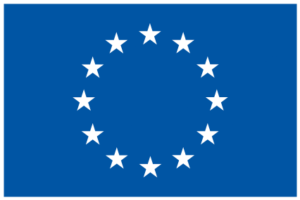Navigating Tomorrow's Energy Landscape:
Insights from the Biomethane Webinar
Webinar Overview
On November 15th, the webinar ‘Challenges and Opportunities in the Production and Use of Biomethane,‘ brought together industry leaders, experts, and renewable energy enthusiasts, both in-person and virtually. The event, organized by Cetaqua – Water Technology Centre, was a significant meeting point for discussing the latest in biomethane production and usage.

Showcasing Innovation: SEMPRE-BIO Project and beyond
Central to the discussions was the SEMPRE-BIO project, delivering a comprehensive presentation on the project’s cutting-edge technologies and objectives. Skillfully presented by our project coordinator, Alejandra Córdova (CETAQUA), she started by giving an overall view of the project – partners, timing, budget – to then delve into SEMPRE-BIO’s Case Studies and the European Biomethane Innovation Ecosystem (EBIEs). These EBIEs, each stemming from our three distinct Case Studies (see our blogs for more information), represent the different configurations of biomethane production throughout Europe so that we can test 5 different innovation technologies. Alejandra intricately illustrated SEMPRE-BIO’s vision to produce biomethane from wastewater, green residues, and manure, with each feedstock meticulously examined in a separate Case Study. She finalized her presentation with a review of the project structure, achieved milestones and expected results and outcomes.
In tandem with SEMPRE-BIO, other notable projects were presented, including:
- BIOMETHAVERSE (ISINNOVA), our sibling initiative
- The Baix Llobregat upgrading project (Aigües de Barcelona)
- LIFE-Nimbus (Cetaqua)
- La Galera (Biometagás La Galera – AGF Ingeniería de Procesos)
- ELENA/VILA-SANA (Naturgy)
The session opened with an overview about the energy landscape in Europe and Spain, addressing our reliance on energy imports and the role of biomethane as another source of renewable energy to contribute to decarbonization. It highlighted what biomethane is, how it is produced, how it differs from natural gas, advantages, and pricing, among other issues. It also emphasized the huge potential for countries like Spain and other Mediterranean countries to produce biomethane from agricultural waste.
The session then transitioned into an exploration of advancements in biomethane technology, emphasizing the pivotal role of innovation in surmounting production challenges. A deep dive into the complexities, challenges, and opportunities inherent in biomethane production and utilization provided invaluable insights. These presentations were divided into two big blocks, the first one with projects still in an R&D stage, like BIOMETHAVERSE, The Baix Llobregat upgrading project or LIFE-Nimbus, and a second block on more commercially advanced projects, such as LA GALERA and ELENA/VILA-SANA.
The webinar served as a nexus for collaboration, bringing together industry professionals, researchers, and stakeholders interested in the future of biomethane as well as anyone interested in renewable green energies and energy transition.
The interactive Questions & Answers sessions and discussions following the projects presentations facilitated engaging exchanges between the speakers, the moderator, and the audience, enhancing the learning experience. Experts among the audience included Naturgy, Transports Metropolitans de Barcelona (TMB), Institut Català d´Energia, VEOLIA AGUA SA and BIOMETAGAS LA GALERA SL. Very interesting topics were discussed during the Q&A, ranging from the current infrastructure of the gas grid to use with biomethane, the decarbonization of the public transport network, main barriers for successful projects, real biomethane production potential versus estimated potential, or the involvement of different governmental offices among many other.
Bridging Theories with Real-World Applications
The event concluded with an insightful visit to the LIFE Nimbus biomethane generation plant at the Baix Llobregat WWTP. Situated 15 km from the webinar location, attendees experienced biomethane’s practical application firsthand: they were transported to the operational plant in buses powered by biomethane, generated from sewage sludge and power-to-gas technologies.

Concluding Thoughts
In conclusion, the ‘Challenges and Opportunities in the Production and Use of Biomethane‘ webinar, organized by Cetaqua, not only served as a platform for knowledge sharing but also highlighted SEMPRE-BIO’s pivotal role in advancing sustainable energy solutions. The webinar emphasized the importance of collaborative efforts in addressing challenges and capitalizing on emerging opportunities within the renewable energy landscape. Insights gained during this webinar point towards a future where biomethane plays a central role in shaping a more sustainable and eco-friendly future.
For those interested in exploring the full webinar, the full recording is here. For our international audience, the webinar is available with English subtitles.
Stay tuned for forthcoming updates and collaborative initiatives as the biomethane sector continues to evolve, propelled by the collective efforts of projects like SEMPRE-BIO and industry leaders committed to a cleaner and greener energy landscape.
Authors: Lucia Salinas
Editorial: Laia Mencia
Thanks to:
Mario Canet (Transports Metropolitans de Barcelona (TMB); Laia Sarquella (Institut Català D´Energia); Noelia Guzmán Sacristán y Oriol Martínez Cabero (Naturgy); Daniele Molognoni (Leitat Technological Center); Fernando Selva (BIOMETAGAS LA GALERA SL), Joaquín Pérez Novo (VEOLIA AGUA SA); Mauri Poch Palou (Aigües de Barcelona); Marina Arnaldos Orts, Oriol Casal, Alejandra Córdova Valencia (#Cetaqua) for your presentations!
Date: November, 2023


This project has received funding from the European Union’s HORIZON-CL5-2021-D3-03-16 program under grant agreement No 101084297. Views and opinions expressed are however those of the author(s) only and do not necessarily reflect those of the European Union or the European Commission. Neither the European Union nor the granting authority can be held responsible for them.

